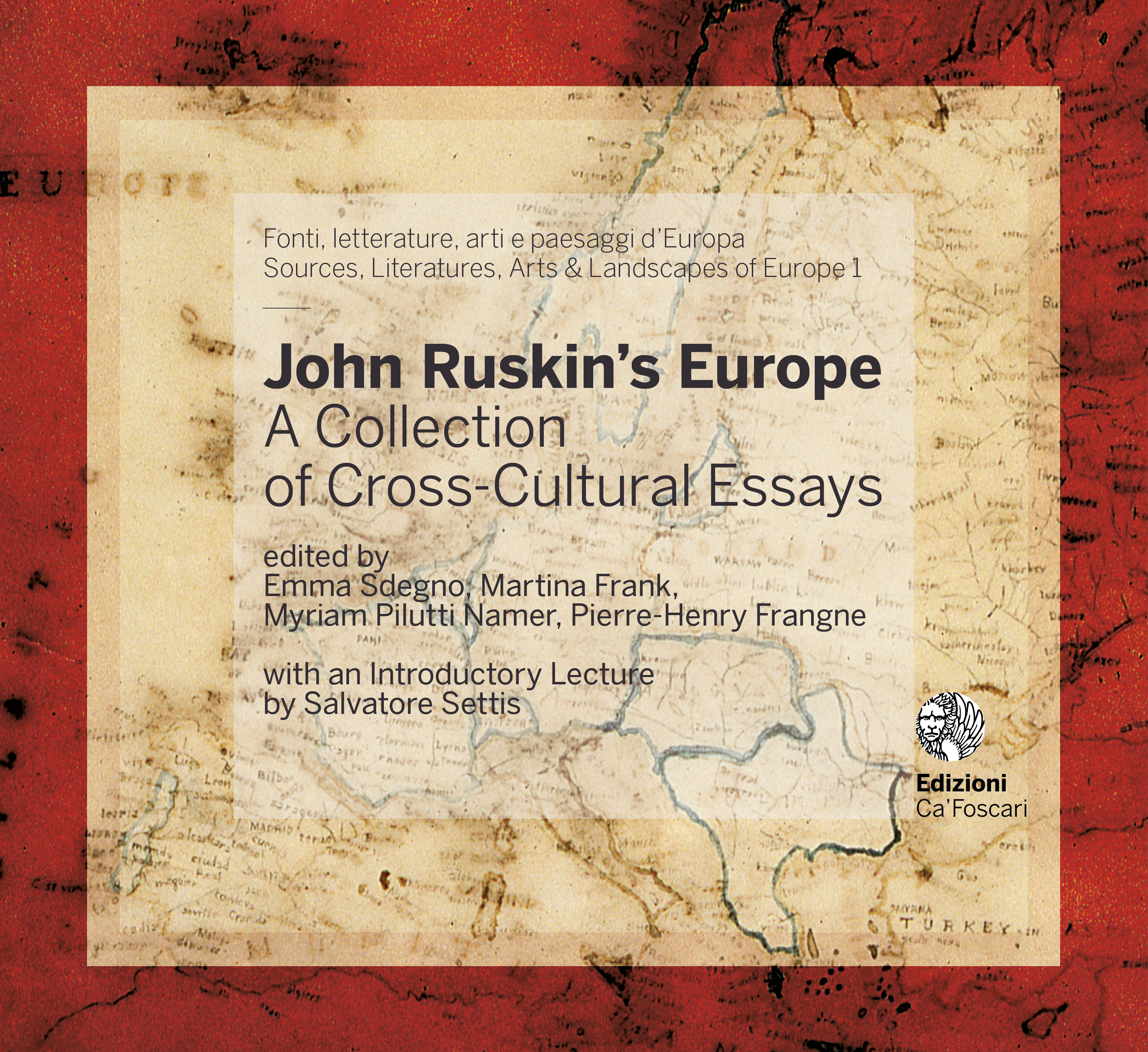- search 305 views
- file_download 17 download
- keyboard_capslock metadata
-
mark_email_readIscriviti alla newsletter
Ruskin’s Islamic Orient and the Formation of a European Ideal
abstract
The Ruskinian attitude towards the non-European, and in particular, the Islamic ‘other’, may at first seem definitive. This position being made evident from Ruskin’s descriptions of the lugubrious nature of Islam’s sacred scripture, its peoples, arts and Weltanschauung. This paper argues, contrary to this bien pensant view, that Ruskin’s oeuvre intimates an ongoing, lasting and unfinished discussion with the Islamic Orient, from the earliest drafts of The Stones of Venice to later discourses on morality, history and religion. Whilst the sympathies for the refinement and delicacy of Islamic art and its influences upon the Venetian Gothic are well documented in the literature, Ruskin’s engagement with Islam (both positive and negative) has yet to be fully explored. This paper endeavours to warp and weft the strands of these ideas into a sustained discussion of Ruskin’s ideals in his oeuvre.
Keywords: Ruskin • Europe • Orient • Islam • Aesthetics • Gothic
